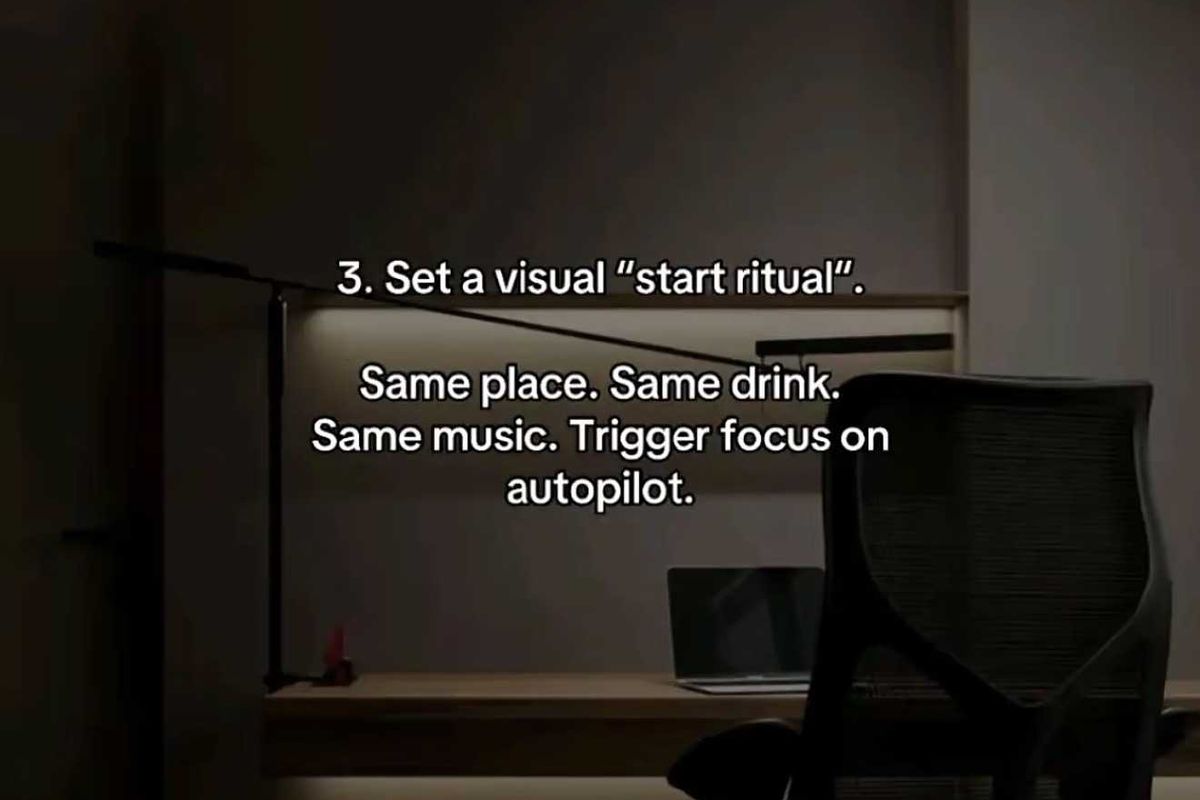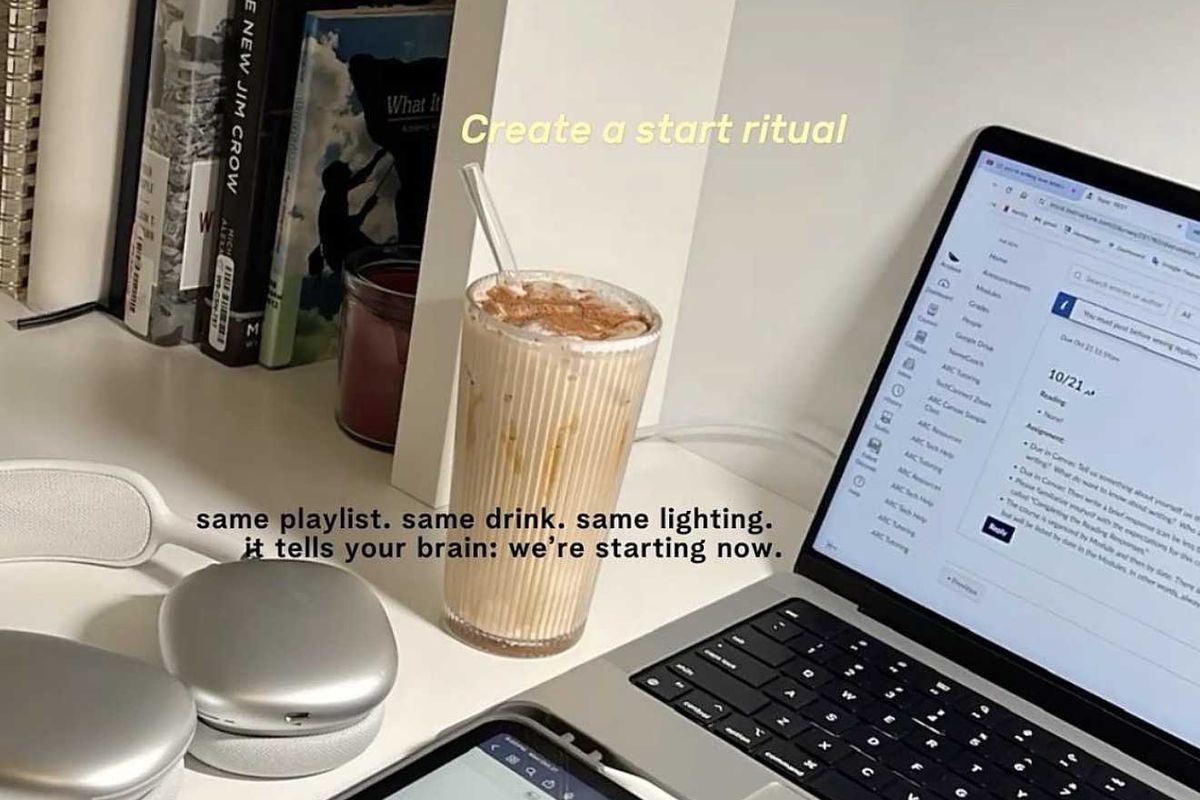This Bible passage is helping Christians better understand trans and nonbinary genders.
“In the beginning God created the heavens and the earth.”
As a kid, I would read these first words in my children’s Bible over and over again. I liked the first story in my Bible because it had some of the best illustrations. On one page was a friendly orange sun, and on the opposite page, a shining yellow moon and twinkling stars. Next came an ocean with big waves, across from a page depicting mountains and forests.
Even in a children’s Bible, the distinctions God made when creating the universe were obvious. Each bit of the world was broken into pairs and opposites.
For a kid who liked order and organization, the story of creation in Genesis 1 was just about perfect. There was a place for everything, and everything was in its place.
This kind of structure in scripture was something I appreciated up until my teen years. Then I began to see life sometimes falling outside of black-and-white categories.
I learned that the world isn’t separated distinctly into land or sea. There are also marshes, estuaries, and coral reefs.
Personally, I began to figure out more about my own sense of gender identity, and I wondered if all people were really divided into male and female, as Genesis 1 seemed to say they were.
Because the ancient Israelites separated their world into binaries (take a look at the kashrut laws that govern acceptable and unacceptable foods, for instance), it’s not surprising that Genesis 1:27 breaks humans into two groups as well: male and female.
But I’ve also concluded that this verse does not discredit other sexes or genders, any more than the verse about the separation of day from night rejects the existence of dawn and dusk, or the separation of land from sea rejects the existence of marshes and estuaries.
For as long as there have been humans, there have been people who fall outside of the male/female binary.
A creation story from the Mesopotamian society in Sumer has references from 1600 BCE to humans who are created with sex organs that are not immediately identifiable as female or male.
The Mishnah and the Talmud, the Jewish compilations of law put together between 200 CE and 500 CE, include examples of individuals who don’t fit into male or female categories, including those whose sex is indeterminable, those who have characteristics of more than one sex, and those whose characteristics change over time.
In Greek and Roman times, people born with indeterminate or ambiguous sex characteristics were called hermaphrodites (now a pejorative term), after a Greek god who exhibited both male and female traits.
This tells us that even the descendants of the people who recorded Genesis 1 did not assume that the gender or sex categories seen therein were all-encompassing.
Today, people with a combination of different sex characteristics identify themselves as intersex, and they make up between .018% and 1.7% of the world’s population.
Not all people are born male or female.
If we try to enforce that binary, we put ourselves in the position of claiming to know better than God and better than the individuals themselves.
Indeed, as theologian and specialist on intersex issues Megan DeFranza puts it, “The simplistic binary [sex] model is no longer sufficient. It is dishonest to the diversity of persons created in the image of God.”
When we attempt to box God’s creation by looking to Genesis 1:27 and expecting every person on earth to fall into line, we’re asking the text the wrong question.
If Genesis 1 was meant to describe the world as it is, the biblical authors would have needed a scroll hundreds of feet long. Thank goodness we don’t have to slog through verse after verse that reads like a biology textbook on taxonomy, naming creature after creature from the elephant down to the paramecium.
Just as we wouldn’t expect astronomers to cram things like comets and black holes into the categories of sun or moon, we shouldn’t expect all humans to fit into the categories of male and female.
This expansion in our understanding of the world also opens the door to a new reverence for God’s creation.
In acknowledging when we’ve misunderstood something about the world and changing our theories and behavior in response, we’re admitting our humanity and humbling ourselves before the Creator.
In the same way, when we recognize that our language doesn’t accurately represent what is, we create new words to illustrate those concepts.
This essay is excerpted from “Transforming: The Bible and the Lives of Transgender Christians.” © 2018 Austen Hartke. Used with permission of the author.
- Who is this guy wandering the stage behind Paula White as she summons spirits for Trump? - Upworthy ›
- Texas dad and son meet a trans woman for the first time, and dad sets a wonderful example - Upworthy ›
- Singer honors trans fan by giving her a new name, and no one could contain their joy - Upworthy ›



 Student smiling in a classroom, working on a laptop.
Student smiling in a classroom, working on a laptop. Students focused and ready to learn in the classroom.
Students focused and ready to learn in the classroom.
 TikTok · Ankita Tejwani
TikTok · Ankita Tejwani  Another user shares their anti-start, or "start," ritual.
Another user shares their anti-start, or "start," ritual.  This user's start ritual sums it up: we're starting now. Photo
This user's start ritual sums it up: we're starting now. Photo  Woman lighting a candle with a match, surrounded by softly glowing candles.
Woman lighting a candle with a match, surrounded by softly glowing candles. Man stretching neck in living room, wearing a gray shirt, with eyes closed.
Man stretching neck in living room, wearing a gray shirt, with eyes closed. Writing down your thoughts and feelings by hand is a totally different experience.
Writing down your thoughts and feelings by hand is a totally different experience.

 Teens hanging out in a living room.via
Teens hanging out in a living room.via  Teenagers eating pizza.via
Teenagers eating pizza.via  Teenagers eating pizza.via
Teenagers eating pizza.via 
 Going to work or school sick. Photo by
Going to work or school sick. Photo by  Displaying an American flag. Photo by
Displaying an American flag. Photo by  Calling people on the phone unannounced. Photo by
Calling people on the phone unannounced. Photo by 
 Star jumps can help you move adrenaline out of your body.
Star jumps can help you move adrenaline out of your body.  There are ways to stop the shakes without exercise, too.
There are ways to stop the shakes without exercise, too.